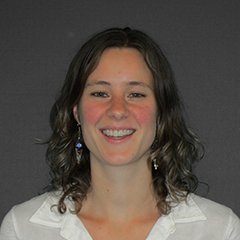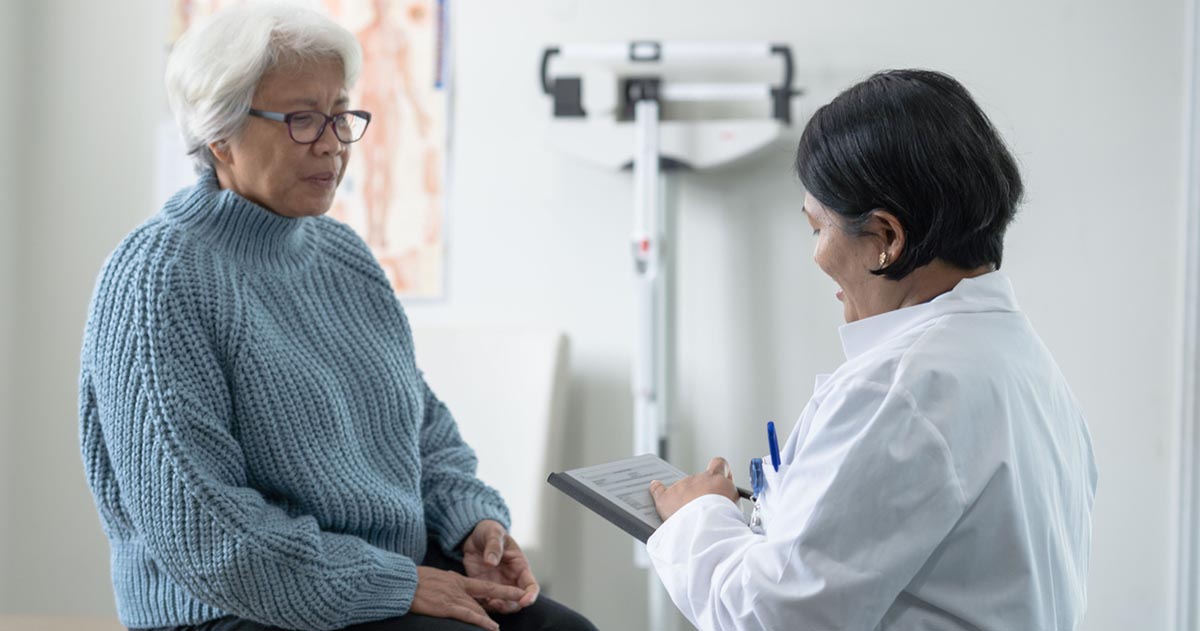Under a contract with the Centers for Medicare & Medicaid Services (CMS) Innovation Center, Mathematica operated multiple learning systems for Medicare accountable care organizations (ACOs) to promote the rapid distribution of innovative ideas and strategies for improving health care delivery and quality.
ACOs consist of doctors, hospitals, and other health care providers who work together to deliver coordinated, high quality care to Medicare beneficiaries. These organizations accept responsibility not only for the quality of care but also for the cost of care, and they provide data to CMS so that the agency can assess their performance. ACOs that efficiently deliver high quality care receive from CMS some of the savings that they generated for the Medicare program.
Between 2013 and 2021, Mathematica helped the CMS Innovation Center accelerate the dissemination of innovative strategies for improving quality while reducing costs by operating learning systems for Medicare ACOs. Mathematica and its partners—HCMDM, the Institute for Healthcare Improvement, and Premier, Inc.—operated distinct learning systems for different types of ACOs. In 2019, the ACOs included those who are participating the Next Generation ACO Model; the Comprehensive End-Stage Renal Disease Care Model; the Vermont All-Payer ACO Model; and the Medicare Shared Savings Program, which includes ACOs who are participating in the Track 1+ Model and the Pathways to Success Program. Previously, Mathematica also supported the Pioneer ACO, Advanced Payment, and ACO Investment Models.
ACOs consist of doctors, hospitals, and other health care providers who work together to deliver coordinated, high quality care to Medicare beneficiaries. These organizations accept responsibility not only for the quality of care but also for the cost of care, and they provide data to CMS so that the agency can assess their performance. ACOs that efficiently deliver high quality care receive from CMS some of the savings that they generated for the Medicare program.
Between 2013 and 2021, Mathematica helped the CMS Innovation Center accelerate the dissemination of innovative strategies for improving quality while reducing costs by operating learning systems for Medicare ACOs. Mathematica and its partners—HCMDM, the Institute for Healthcare Improvement, and Premier, Inc.—operated distinct learning systems for different types of ACOs. In 2019, the ACOs included those who are participating the Next Generation ACO Model; the Comprehensive End-Stage Renal Disease Care Model; the Vermont All-Payer ACO Model; and the Medicare Shared Savings Program, which includes ACOs who are participating in the Track 1+ Model and the Pathways to Success Program. Previously, Mathematica also supported the Pioneer ACO, Advanced Payment, and ACO Investment Models.
For ACOs, the learning systems provided a structure for peer-to-peer learning and the rapid dissemination of successful approaches across the country. Each year, Mathematica and its partners developed and hosted about 75 virtual learning events and over 15 in-person meetings on topics tailored to the needs and interests of ACOs. Examples of learning events included webinars, affinity groups for ACOs with common interests, action groups to help ACOs achieve program goals, and regional and national in-person meetings. The learning system also provided ACOs with individualized technical assistance (such as coaching calls) and data-driven tools (such as claims reports and dashboards) to help them implement, monitor, and improve their programs. In addition, Mathematica developed written products such as toolkits, case studies, and other resources to further support individualized learning and to move policy and program implementation forward.
Several LSACO resources and materials are now available on the CMS website
- A video describes how ACOs provide Medicare beneficiaries with coordinated care and chronic disease management while working to lower costs. The video enables viewers to learn more about Medicare ACOs and to hear directly from the health care professionals making this care possible.
- Toolkits explore different aspects of how ACOs operate to provide value-based care. The toolkit series reflects insights gathered during CMS-sponsored learning system events and through focus groups with ACOs. Through these toolkits, CMS intends to not only educate the general public about strategies that ACOs use to provide value-based care, but also to give current and prospective ACOs practical ideas on beginning or improving operations. The four toolkits currently available address care coordination, provider engagement, beneficiary engagement, and care transformation.
- Case studies highlight initiatives implemented by ACOs and end-stage renal disease seamless care organizations (or ESCOs). The initiatives address a wide variety of topics, including home dialysis, advanced care planning, and home visiting programs. The roughly 20 case studies available describe innovative approaches to improve the quality and efficiency of care delivery.
- A tip sheet highlights strategies for enhancing education and expanding the use of home dialysis, based on ACOs’ implementation approaches and experiences.




